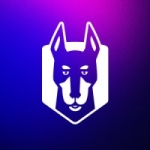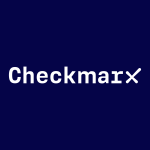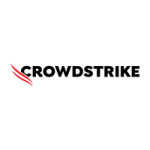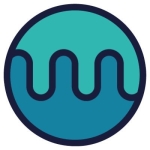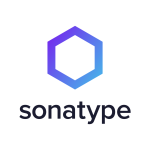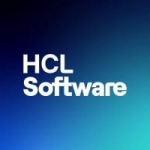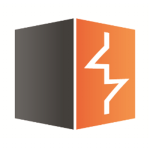SonarQube can be used for any missing components or component vulnerabilities.
Sonarqube has improved our best practice of pair programming that aligned with the CI pipeline.
The product has a friendly UI that is easy to use and understand. Especially, the admin's control panel is very good and It's not really difficult to get through the settings.
With minimal coding experience, we can build many rules that apply for each programming language, for example, CSS, and Java. You can easily set up rules. We are luckily able to do this with the community version.
With other community versions, you are not always allowed to customize the profile for example. With the SonarQube Community Edition, it's authorized.
Since we are using the community version, we have had some issues. For example, we have had some difficulties with the Single Sign-On (SSO) login. We tried to integrate with our Azure ID to have access to login, but it doesn't always update. We have to search for more forums, or in other communities for technical IT.
The documentation is not clear and it needs to be updated. As it is the community version we don't have team support and rely on the documentation that is available. We are creating more disciplines to do peer reviews on SonarQube. There is time spent on creating the tools but not the documentation that is needed for support.
It takes time to configure and create profiles. We need to improvise the way we introduce new tools.
We have only integrated the source code, but there are things that are not being utilized because it is product-driven and there needs to be more path and delivery.
Since we are now certified, we are utilizing more and we are creating an environment for security. We need more emphasis on the security side.
Support needs to improve with their response time.
There is a lack of local partners/vendors in our region and we are having difficulties finding vendors looking for another partner.
In the next release, I would like to see some automation scripts. At times by default, you have to configure some of the rules in the detection. You need some parameters to be set that define the source code, such as those required to eliminate a false positive.
They advance their product without addressing security or internal codes.
SonarQube has been in place for one year, but we have only been using it for the last three months.
It's a scalable product. We have approximately 40 users.
We have contacted support but it's not mandatory operating support and takes some time to get a reply.
We have not used any other solution, but we did some comparisons and decided to go with SonarQube because it was open-source.
The initial setup is straightforward.
It takes a week to complete the deployment.
We are using the open-source community version, but there are enterprise licenses available.
I am a user of SonarQube and I am responsible for the information security.
I'm the principle of security in the office. I advise others of enhancing and incorporating security aspects into the IP.
We are currently using the community version. We are not quite ready for the licensed version as we need more discipline for our developers to do it correctly. Our team is growing, now we will need behavior discipline of security, and then we can upgrade the license. We have passed the ISO certificate and encourage the use of tools for peer reviews for the developers.
It is better to have a technical review before deployment to production. Developers must review before going into production.
It's a great tool but you have to have a good project plan before being introduced to the tools. For us, it is unfortunate that SonarQube was introduced at the end of the project phase, and the team is still having to learn it.
Before introducing any application tools, know the visibility of the project.
I would recommend using the SonarQube open-source version to get used to it before purchasing the license. Before we go with an enterprise product, we have to know the terms and how things are done to run software quality. We had reached out to sales support and asked for the enterprise license as a trial but unfortunately, we had to halt the program.
It's also a part of corporate policy to know everything before it is published into the CI pipeline.
There are other alternatives that provide end-to-end analysis from the static, dynamic, interactive, and SaaS.
I would recommend SonarQube to be on your initial plan for perfect quality.
I would rate SonarQube an eight out of ten.





